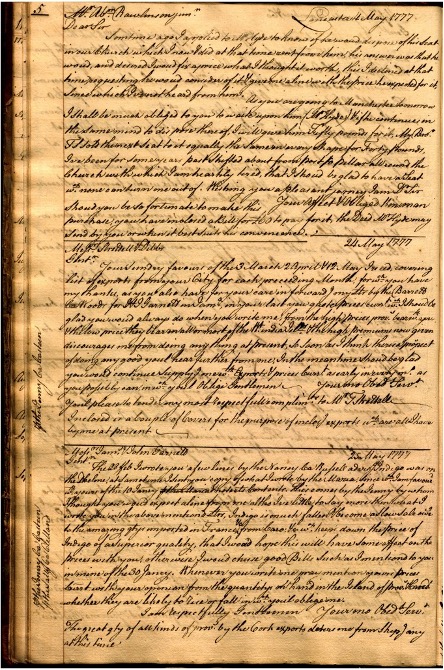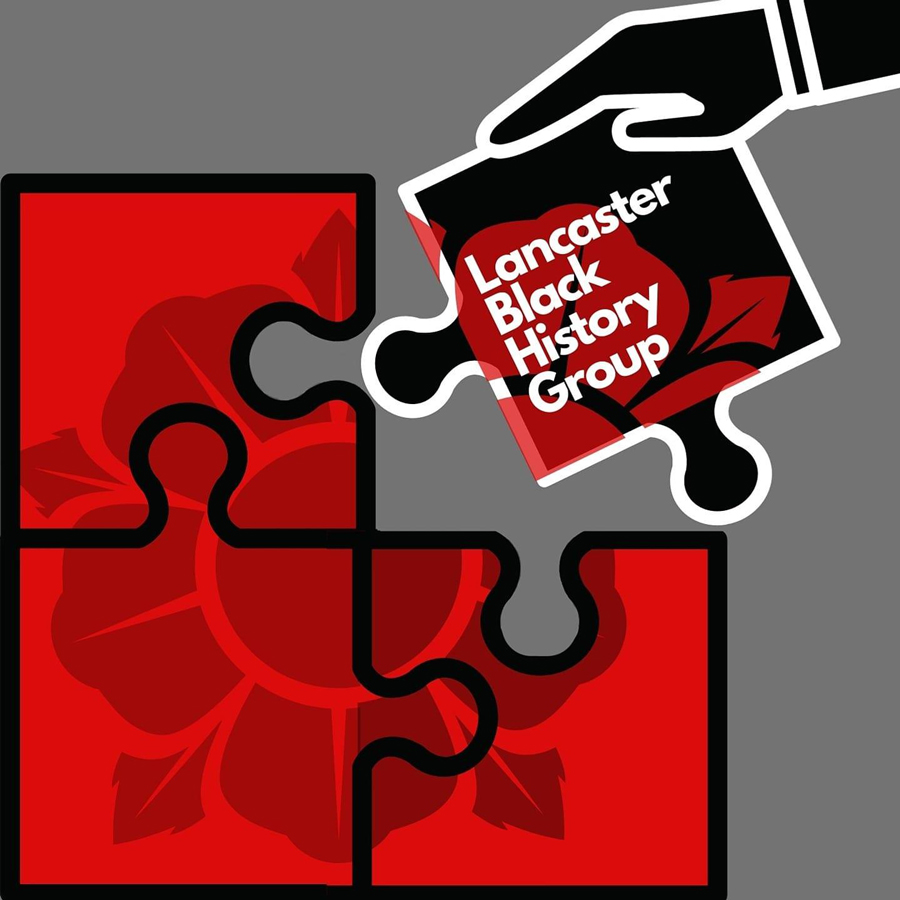My studies at Lancaster started in 2018 with an undergraduate degree in Media and Cultural Studies (MCS). This was when I first contemplated the idea of later pursuing a PhD; I thoroughly enjoyed learning, researching and thus, saw it as a potential career. However, I lacked substantial confidence. During my final year as an undergraduate student, I feared my ambition to pursue a PhD was misguided, but that same year, an opportunity arose to be involved in Lancaster Black History Group’s Slavery Family Trees Community Research Project (Necessity funded, 2020-2023), and this experience revived my self-confidence and initiated my commitment to researching the 18th Century Lancastrian Satterthwaite family. I completed an MA in Sociological Research at Lancaster, and then with the generous support and encouragement of my supervisors – Professor Imogen Tyler, Dr Nicholas Radburn and Dr Laura Clancy – family and peers, I applied for and was awarded a Faculty of Arts and Social Sciences (FASS) Doctoral Scholarship.
My PhD project, which I began in January 2023, is provisionally titled ‘Unlocking the Lancaster Satterthwaite Archive: Anti-Racist Education Through Historical Research with Local Communities’. It builds on the research undertaken during the Slavery Family Trees community research project and a subsequent FASS internship that interrogated histories of slavery and colonialism through a rich and detailed case study of one Lancaster family, the Satterthwaites. The opportunities afforded to me by Lancaster Black History Group (LBH) and Lancaster University provided the methodological, theoretical and socio-historical foundations that have come to frame the research. Methodologically, my doctoral research will utilise the newly digitised Satterthwaite Letterbook archive and additional archival research methods to discover new biographical details about the everyday lives of merchants, planters and enslaved people with a specific focus on the Satterthwaite family and their personal day-to-day account of the slavery business as documented in their letterbooks (see Figure 1). Largely, the project adopts archival methods in order to offer new insights into Atlantic Slavery, colonialism, trade, and racial formation in the 18th century.

Image of a page from the Sattherthwaite Archive
Alongside and complimentary to scholarly research, the project aims to use historical methods in a sociologically informed way, unlocking the Satterthwaite archive by working collaboratively with LBH, the Sociology and History departments at Lancaster University, Lancaster University Library and organisations in the local community with the purpose of developing accessible educational resources. Thus, the project aims to contribute a creative socio-historical approach to researching local and regional connections to transatlantic slavery.
Transatlantic slavery transcended national and continental borders, obliterated moral compassion and ethical principles, and expanded trading existentially across the globe; hereby, the slavery business (Hall, 2020) connected the local to the global – establishing the term ‘glocal’ (Tyler et al.,2020).* In a report I recently wrote about my visit to the International Slavery Museum in Liverpool, I began to explore the omission of this ‘glocal’ perspective from their exhibitions. Not only will the project contribute to local knowledge of Lancaster and transatlantic slavery, but it will also advise on questions of why modern Britain looks the way it does and the construction of a global racial capitalist system.
This blog marks the start of my doctoral research. I am grateful to have been granted the chance to immerse myself in this intensive learning opportunity to study the Satterthwaite family, their letterbooks, additional archives and contribute to an ever-expanding decolonial pedagogical paradigm.
Alanah Hill, March 2023
How to Cite: Alanah Hill, 2023, ‘Unlocking the Satterthwaite Archive,’ [web address]
References/reading list.
Imogen Tyler coined the term GLOCAL meaning Global-Local to describe the methods and work of Lancaster Black History group – while she was working with Lancaster University Library on the development of a new community collection (the glocal collection) in 2020. This collection focuses on Lancaster’s slavery connections and the places and peoples in Africa and across the Atlantic the history of the city is historically connected with:. I will be developing this approach and method in my PhD.
Andrews, K. and Palmer, L.A. (2016) Blackness in Britain. London: Taylor & Francis Group.
Donington, K. (2020). The Bonds of family: Slavery, commerce and culture in the British Atlantic World (Studies in imperialism). Manchester University Press.
Elder, M. (1991) Lancaster and the African Slave Trade. Lancaster City Museums.
Elder, M. (1992) Slave Trade and the Economic Development of 18th-Century Lancaster. Edinburgh University Press.
Hall, C. (2014) Legacies of British Slave-Ownership: Colonial Slavery and the Formation of Victorian Britain. Cambridge University Press.
Hall, C. (2018) Doing reparatory history: Bringing ‘race’ and slavery home. Race & Class, 60(1), 3-21.
Hall, C. (2020) The slavery business and the making of “race” in Britain and the Caribbean. Current Anthropology, 61(S22), S172-S182.
Schofield, M.(1985) Shoes And Ships And Sealing Wax; Eighteenth-Century Lancashire Exports to The Colonies. Available at: https://www.hslc.org.uk/wp-content/uploads/2017/05/135-5-Schofield.pdf
Kumar, K. (2021) Made in Britain: The economic and cultural legacies of slavery. TLS. Times Literary Supplement (6164), 7-9.
Nasar, S. (2020) Remembering Edward Colston: histories of slavery, memory, and black globality. Women’s History Review, 29(7), 1218-1225.
Radburn, N. and Eltis, D. (2019) Visualizing the middle passage: the brooks and the reality of ship crowding in the transatlantic slave trade. Journal of Interdisciplinary History, 49(4), 533-565.
Radburn, N. (2021) “[M]anaged at First as if They Were Beasts”: The Seasoning of Enslaved Africans in Eighteenth-Century Jamaica. Journal of global slavery, 6(1), 11-30.
Tyler, I. (2021) Hanging Town, Haunted City: Researching Connected Sociologies of Colonial Capitalism in Place. Available at: https://www.youtube.com/watch?v=iUTEUT9Grjk
Tyler, I. (2020). Stigma: The Machinery of Inequality. (1st ed.). London: Zed Books.
Walker, G. (2021) Finding Wealth from the Slave Economy in the Gillow Archive. Available at: https://www.lancasterslaveryfamilytrees.com/finding-wealth-from-the-slave-economy-in-the-gillow-archive-professor-gordon-walker/
Currently reading:
Andrews, K. and Palmer, L.A. (2016) Blackness in Britain. London: Taylor & Francis Group.
Olusoga, D. (2021) Black and British: A Forgotten History. London: Picador.
Ono-George, M. (2022) ‘Mary Seacole and the politics of Black British history’, The Lancet (British edition), 400(10359), pp. 1186–1187.

Leave a comment